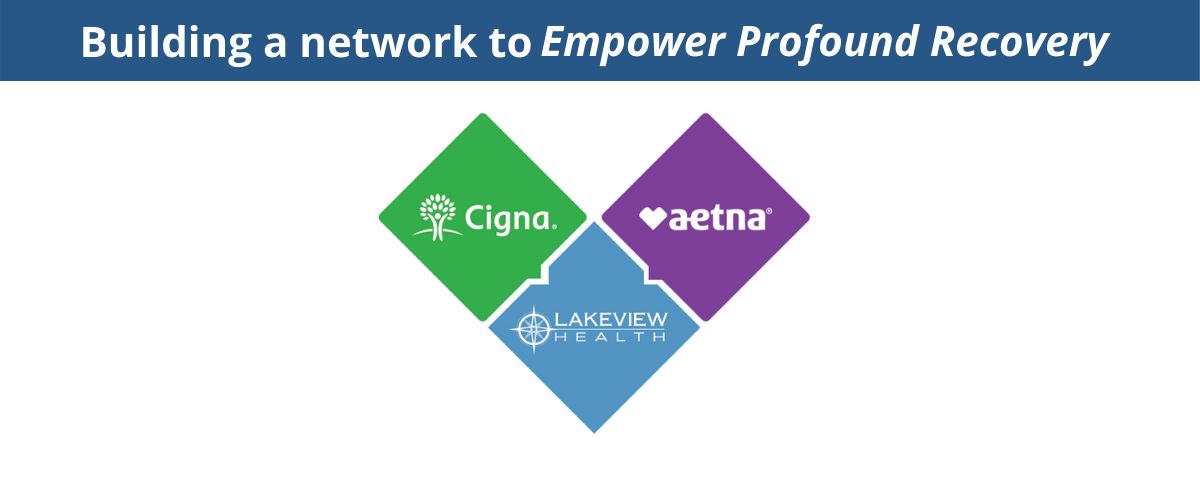Last year, approximately 13 people died each day of a drug-related overdose in Pennsylvania, according to a new report by the Drug Enforcement Administration and the University of Pittsburgh. The state’s fatal overdose rate increased more than 26 percent from 2015 to 2016, accompanied by a 380 percent increase in fentanyl use among people between the ages of 15 and 24. Seventy-eight percent of Pennsylvania counties had overdose death rates higher than the national average. Horrendous as these statistics might be, there are indications that the actual numbers could be much worse. A study conducted by an economist at the University of Virginia suggests that overdose death rates nationwide were under-reported in 2014, often because many of the death certificates didn’t name the specific drugs that were responsible.
According to the study, the disparities were especially significant in Pennsylvania, where opioid overdose deaths were 108 percent higher than reported. A lot of the media reporting has so far focused on Philadelphia, by far the largest city in the state. But drug addiction has reached crisis level in western Pennsylvania as well. Dan Bolla is a representative for Lakeview Health in western Pennsylvania and eastern Ohio. He says, “Western Pennsylvania is in the grip of an opioid and polysubstance abuse crisis.” It is fueled by efficient supply routes. The cities of Pittsburgh, Erie, and Cleveland form a triangle connected by interstate highways on which Illicit drugs can be quickly transported from one place to another. The authorities in Pennsylvania have been slow to react to the burgeoning crisis. Unlike several other states, Pennsylvania has not declared a health emergency, and Governor Tom Wolf has been criticized for not calling a special session of lawmakers to discuss ways to streamline opiate addiction treatment.
“Pennsylvania’s Department of Drug and Alcohol Programs implemented a warm hand-off process to make access to treatment easier,” explains Bolla. “Overdose survivors in emergency rooms receive counseling and a doctor’s referral to be transferred directly from the ER to a treatment facility.” The problem is that many patients refuse to go into recovery at that point. “Most of them were administered Narcan, which sends patients into immediate withdrawal,” says Bolla. “They are uncomfortable, irritable, and scared—not the best mindset to process good advice.” Bolla works with nurses and therapists to help their patients find appropriate treatment options. While receiving outpatient treatment, patients and their therapists frequently determine that a higher level of care is required to help the patient beat addiction.
Lakeview Health in Florida offers five levels of care and an integrative approach to addiction treatment. The Lakeview team strives to treat the whole patient—body, mind, and spirit—using a multidisciplinary medical model that combines physiological, psychological, and psychosocial care. Therapy is highly personalized to meet each patient’s needs and circumstances. Despite those benefits, patients in Pennsylvania sometimes think Jacksonville in Florida is too far away for them. “Distance can be an advantage,” says Bolla. “In early recovery, it’s crucial to get away from people, places, and things associated with using drugs and alcohol—to make a clean break.”




